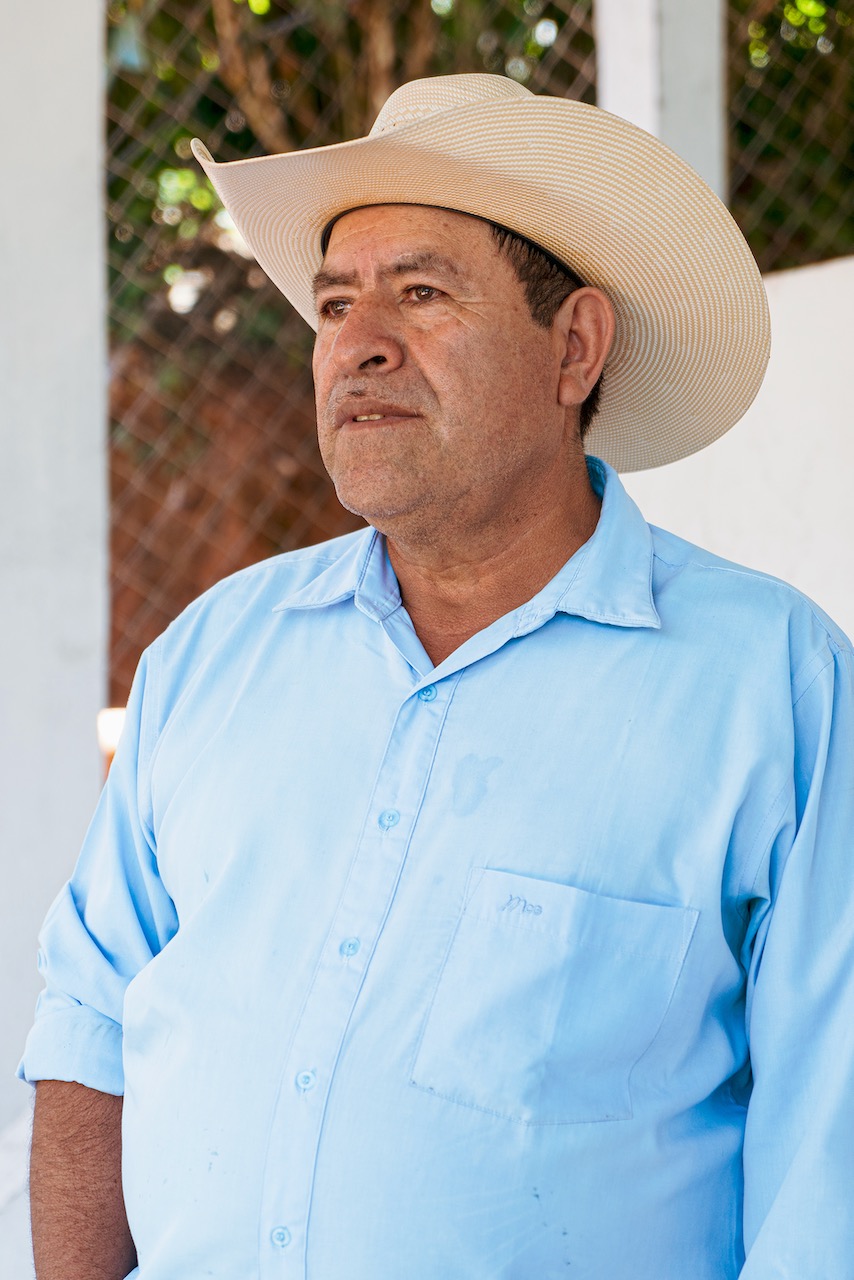
“Coffee made my hope come true”
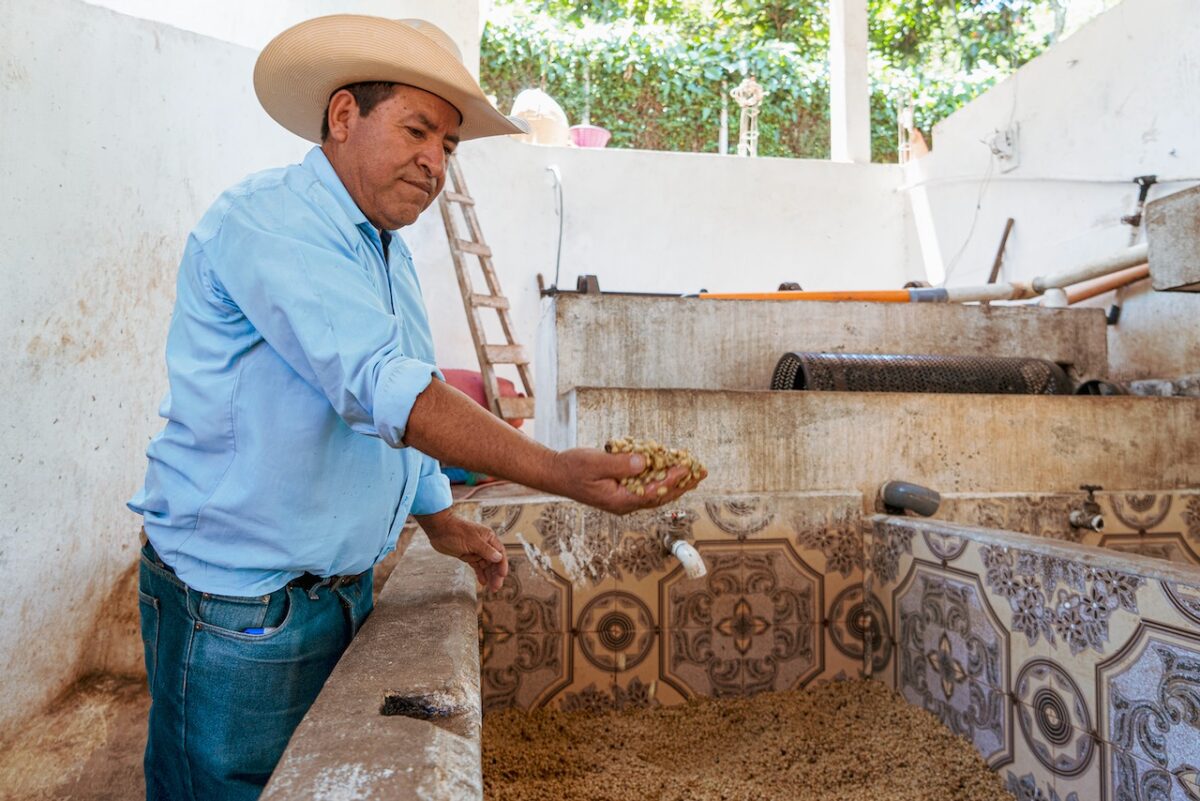
Francisco Morales has over 40-year experience in coffee farming in Huehuetenango, Guatemala. His accomplishments include two consecutive 2nd-place finishes from 2018 to 2019 at an annual coffee competition hosted by Primavera Coffee. The event, which was canceled in 2020 and 2021 due to the Covid-19 pandemic, awards 10 best coffees out of many more entries.
“If you take good care of seedlings, you’ll see the result of your effort during harvest. Buyers come to visit me and buy my coffees, and customers abroad appreciate my work. That motivates me to keep working hard. No one used to visit my farm. Things have changed a lot.”
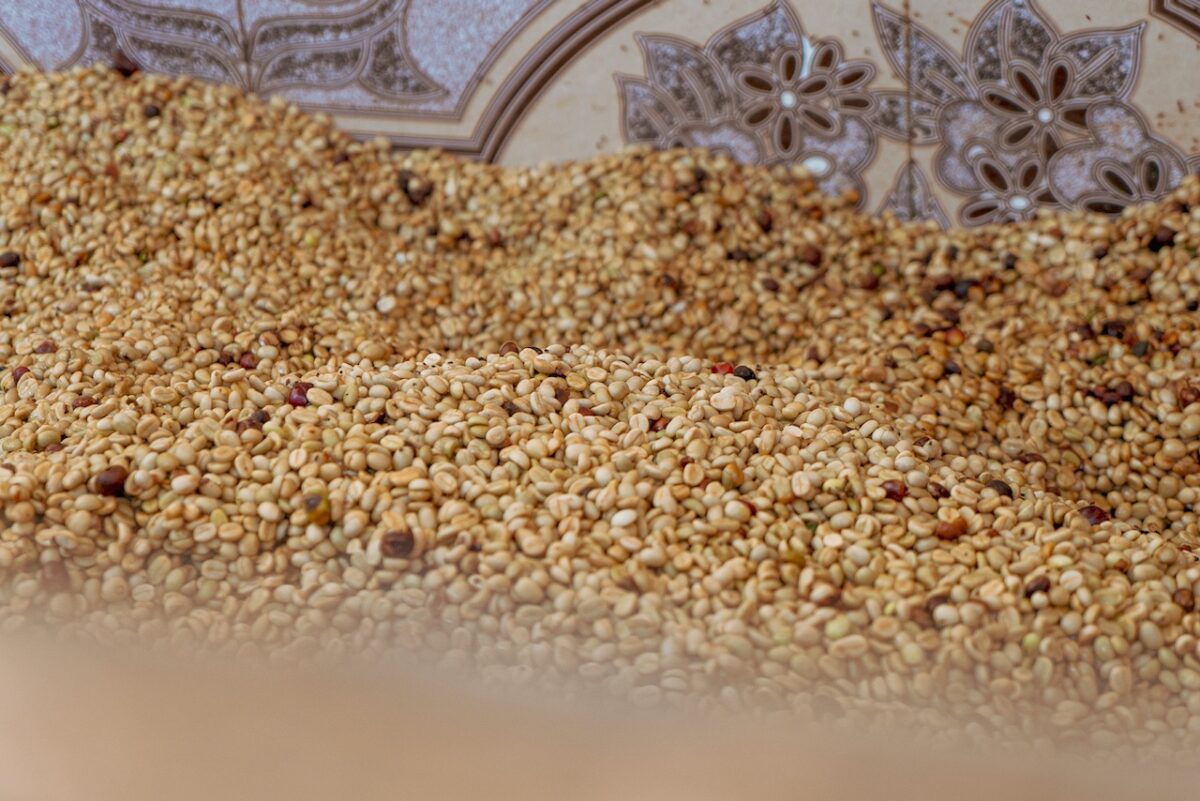
Born in 1960, Francisco will be 62 years old this year. He started producing coffee at 17 years old. One day, a thought occurred to him while he was filling bags with sand – “Coffee is the hope that lights up the future of myself and my family.” That’s when he came up with the farm name, Esperanza – or hope.
“As I continued this job, my hope became reality. Coffee has supported our livelihood. But I’m not content to keep doing things the same way. Right now, I can’t sell my coffee without a buyer. But in the future, I hope to sell directly to customers and export myself.”
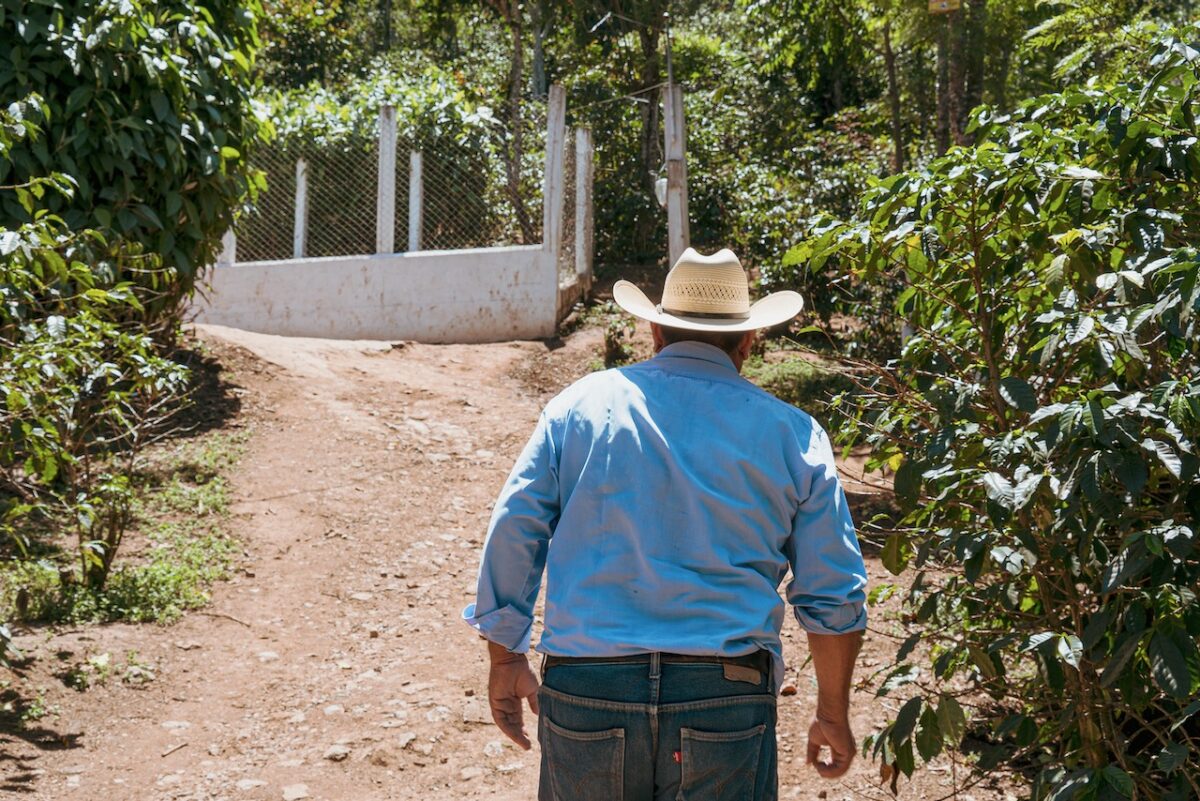
The coffee market is notorious for its volatile price fluctuations. This structure has posed problems for many producers, including Francisco. The so-called coffee crisis in 2000 is a case in point, when an oversupply led to a plunge in coffee prices for years. Selling prices fell, even as the cost of labor and farm maintenance doubled at his farm. Pests and coffee rust slashed harvest. Facing the triple whammy, letting go of his farm started to seem increasingly like a necessary decision.
“Besides pests and coffee rust, a labor shortage is another chronic headache for us. Many people leave this region for a life outside, which has made it difficult to find farm workers in recent years. But it also makes me grateful to God for the work I have, and that I didn’t have to go find a low-paying job elsewhere.”
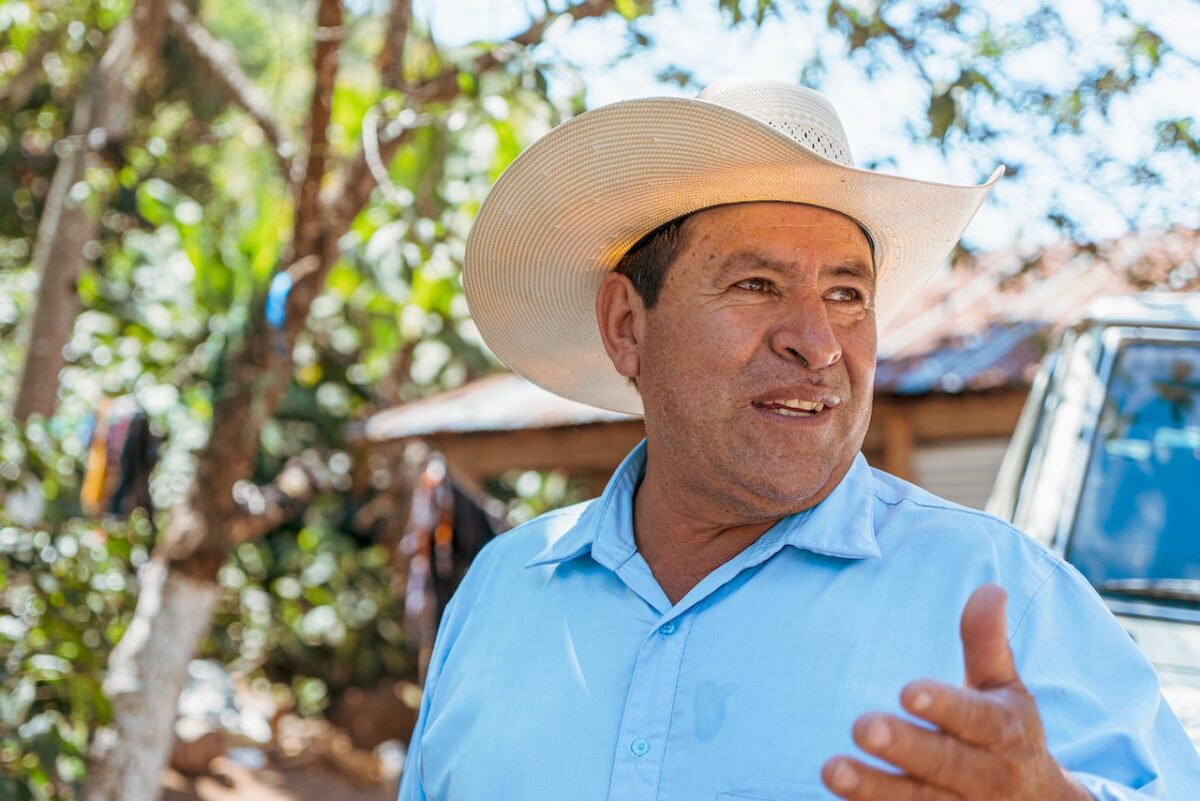
Francisco has already handed over management of Esperanza to his sons. He no longer has ambitions to grow his farm bigger now that he has realized his wishes and lives a fulfilling life.
“Shade trees (which protect coffee trees from direct sunlight) keep it nice and cool while we work on the farm. And they can be recycled into lumber, firewood, and organic fertilizer. Also, soil conditions are much better in coffee farms than places where people grow corn (a staple of Guatemalan diet). Coffee is a crop that gives us plentiful blessings.”
